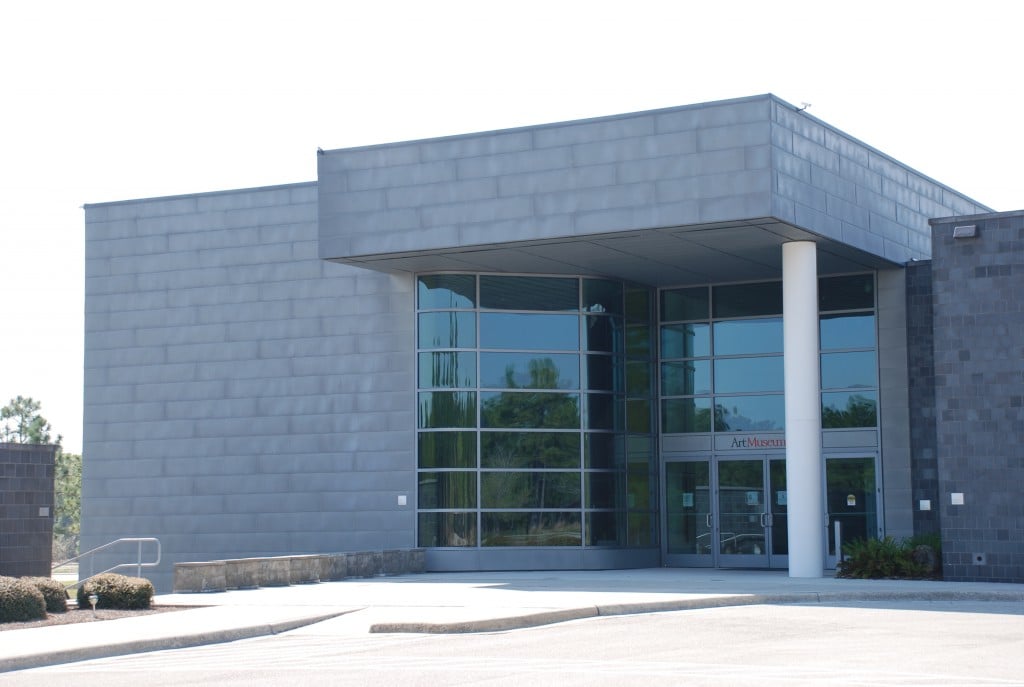N.C. regulators approve plan to build natural gas-fueled power generation
RALEIGH – The N.C. Utilities Commission (NCUC) has approved Progress Energy Carolinas’ plan to build new natural gas-fueled power generation near Wilmington, N.C., to replace coal-fired generation units that the utility plans to retire in 2014.
The commission today approved a certificate of public convenience and necessity for Progress Energy Carolinas’ proposed 620-megawatt (MW) combined-cycle power plant at the company’s existing Sutton Plant in New Hanover County. In 2009 the company announced its plan to retire the plant’s three coal-fired units once the combined-cycle plant is operational. Other generation at the Sutton Plant, including the solar facility, is not affected by the change.
“The Sutton Plant has been an important part of our system for more than half a century, and updating the technology we use here will ensure that it remains important,” said Lloyd Yates, CEO and president of Progress Energy Carolinas, which serves 1.5 million households and businesses in North Carolina and South Carolina. “The switch will provide significantly cleaner air and continued reliable service for our customers, while at the same time serving as a catalyst for economic growth and expansion by increasing natural gas supplies in southeastern North Carolina. This is a key part of implementing a balanced solution for meeting the region’s energy needs, using energy efficiency, renewable energy sources and a state-of-the-art power system.”
As previously announced, Progress Energy Carolinas plans to retire its coal-fired units that lack air-emission controls. Four sites in North Carolina will be affected, including the 600-MW Sutton Plant, which includes three coal units built in 1954, 1955 and 1972. The Sutton Plant retirement is scheduled for 2014. The new gas-fueled units represent an estimated investment of about $600 million.
The company plans to file for a state air permit for the new units in the coming months. The schedule calls for construction to begin as early as 2011.
There are about 80 employees at the Sutton Plant. The company is working to ensure that as many as possible will have jobs at the new facility or opportunities to move to other positions at company facilities.
The new units will be operated in combined cycle. The addition will include two combustion turbines with additional equipment added to recover exhaust heat to generate steam. The steam is used to generate additional electricity with no additional need for fuel. This makes the units highly efficient in meeting customer electricity demand as it changes throughout the day.
Once the switch is completed at the site, emissions from electricity generation will be reduced dramatically. Switching from coal to natural gas will result in a 40-50 percent drop in carbon dioxide emissions rate, a reduction in the nitrogen oxides emissions rate of more than 95 percent and a virtual elimination of sulfur dioxide and mercury emissions. After the replacement, the production of coal ash and its byproducts also will be eliminated.
Progress Energy also is building new gas-fueled generation at the H.F. Lee Energy Complex near Goldsboro, N.C. The three coal units at the Lee Plant are scheduled to be retired in 2013, when a new 950-MW gas plant comes online.
The coal-fired units at two other sites that lack air-emissions equipment – the Weatherspoon Plant near Lumberton, N.C., and the Cape Fear Plant near Moncure, N.C. – are scheduled to be retired between 2013 and 2017. As with any major infrastructure investment, schedules are subject to change based on changes in regulations, economic factors or other variables.
The company will continue to operate coal-fired generation at three sites in North Carolina after the uncontrolled units are retired. Progress Energy Carolinas has invested more than $2 billion in adding state-of-the-art emission controls at its Roxboro and Mayo plants in Person County, N.C., and at the Asheville Plant at Skyland, N.C. In addition to plants fueled by natural gas and coal, the company has a mix of nuclear plants, hydroelectric plants and additional energy sources powered by solar and biomass technology, as well as conservation and energy-efficiency programs that reduce electricity demand.
Progress Energy (NYSE: PGN), headquartered in Raleigh, N.C., is a Fortune 500 energy company with more than 22,000 megawatts of generation capacity and approximately $10 billion in annual revenues. Progress Energy includes two major electric utilities that serve about 3.1 million customers in the Carolinas and Florida. The company has earned the Edison Electric Institute’s Edison Award, the industry’s highest honor, in recognition of its operational excellence, and was the first utility to receive the prestigious J.D. Power and Associates Founder’s Award for customer service. The company is pursuing a balanced strategy for a secure energy future, which includes aggressive energy-efficiency programs, investments in renewable energy technologies and a state-of-the-art electricity system. Progress Energy celebrated a century of service in 2008. Visit the company’s website at www.progress-energy.com.
INFORMATION FROM A NEWS RELEASE SENT TO THE WWAY NEWSCHANNEL 3 NEWSROOM…





Leave a Reply